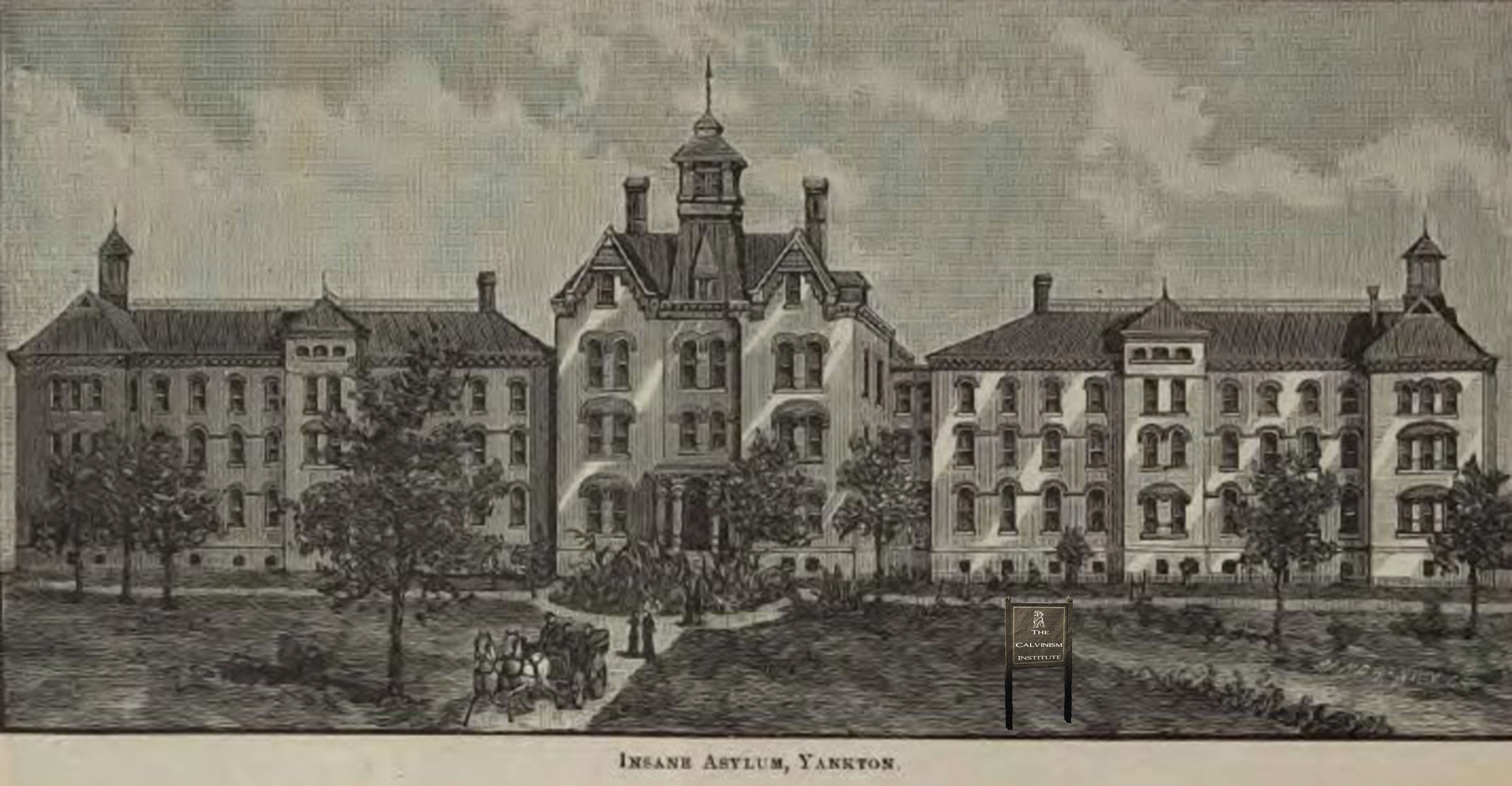Dialogos
Well-known member
Compatible is not a made up word.It doesn't even phase you that Calvinists had to make up a word to reconcile their contradictions?
But this is...
Lighthouse said:Snardblot!
:chuckle:
Moron.
Yes, Ephesians 1:11. Open Theists, on the other hand, can't affirm that God works all things according to the council of His will.Lighthouse said:You don't have any clue as to why God allows these things, do you?
Wrong.Lighthouse said:In the settled view God made The Fall happen.
"Reformed theology has maintained consistently that Scripture teaches God’s exhaustive sovereignty and human responsibility. God does not cause evil. In fact, God does not force anyone to do anything against his or her will. And yet, nothing lies outside of the wise, loving, good, and just plan “of him who works all things after the council of his own will” (Eph 1:11). That God’s sovereignty and human responsibility are true, no serious student of Scripture can deny. (From "Is God a Moral Monster, "White Horse Inn")
Do you ever get tired of pushing down straw men?
So you agree that Enyart's objections to Calvinism is really disingenuous, right?Lighthouse said:The open view doesn't have a problem with God allowing these things to happen; because we understand that it was necessary for Him to allow it. We know why.
And you don't know why, but it will be entertaining to see you try and tell us why, so go ahead, you know you want to.
:chuckle:
Wrong.Lighthouse said:Calvinism says God made it happen through predestination which makes Him directly responsible for the evil acts themselves rather than responsible simply for allowing them to happen.
Calvinism says that God predestined to allow them to happen which maintains both God's sovereignty and human responsibility.


